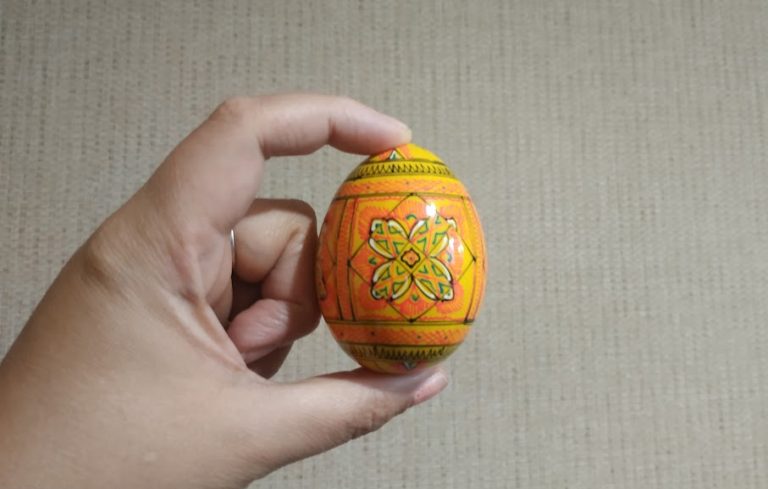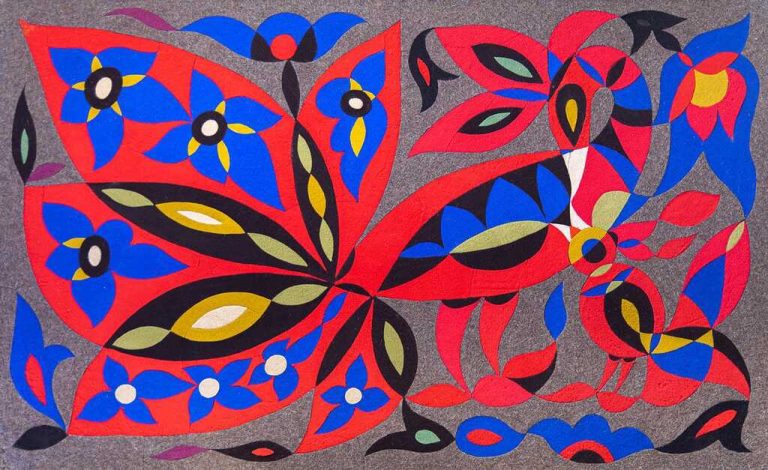Quail eggs: rich in vitamins and trace elements
The number of quail eggs that can be compared to a chicken egg depends on what exactly is being compared: weight, calorie content, or nutritional value.
- Nutritional value: In terms of nutritional value, 4 quail eggs can be equivalent to one chicken egg, since they contain a comparable amount of protein and other nutrients.
- By calorie content: A quail egg contains about 14 calories, while a chicken egg contains about 70-80. For the same calorie content, 5 quail eggs are needed for one chicken egg.
- By weight: A chicken egg usually weighs about 50-60 grams, and a quail egg – 9-14 grams. So, by weight, 4-5 quail eggs will be needed to replace one chicken egg.
Depending on the analyzed parameter, 4-5 quail eggs can be considered equivalent to one chicken egg. Quail eggs contain several vitamins in larger quantities compared to chicken eggs. In particular, they are rich in:
- Vitamin A: The content of vitamin A in quail eggs is significantly higher than in chicken eggs – 1180 mcg versus 78 mcg per 100 g of product.
- Vitamin B2 (Riboflavin): Quail eggs contain twice as much vitamin B2 as chicken eggs – 1100 mcg versus 500 mcg per 100 g of product.
- Vitamin B12: Quail eggs have a higher content of vitamin B12, which is important for hematopoiesis and the nervous system.
- Iron: Quail eggs contain seven times more iron than chicken eggs, which makes them a valuable source of this trace element in childhood and adolescence.
- Magnesium and calcium + phosphorus: The high magnesium content in quail eggs contributes to their lower allergenicity and increased immune response. Calcium and phosphorus accelerate the process of magnesium absorption.
- Selenium: This unique trace element is an extremely necessary mineral for the proper functioning of the nervous system and healthy hair, as well as the most important component of antioxidant enzymes that protect cells from oxidative stress and support the activity of the immune system as a whole.
Children love quail eggs for their toy-sized size and mild taste, and children’s nutritionists – for the overall vitamin load, nutritional value and the almost complete absence of allergic reactions to this product. The only possible disadvantage of quail eggs is their size, because a certain skill will be required when peeling a boiled quail egg.
See also: How to get a residence permit in Belgium
Quail eggs contain various polyunsaturated fatty acids, including:
- Linoleic acid (18:2): This is one of the main polyunsaturated fatty acids in quail eggs, with an estimated 0.94-0.95 g per 100 g of product.
- Linolenic acid (18:3): Also present in smaller amounts, around 0.04-0.06 g per 100 g of product.
- Arachidonic acid (20:4): Its content is approximately 0.11 g per 100 g of product.
- The amount of alpha-linolenic acid in quail eggs is not explicitly stated in authoritative nutritional sources, although all studies mention that quail eggs contain full-fledged Omega-3 fatty acids.
Like vitamins, these fatty acids are also important for the health of the cardiovascular system, joints and full metabolism in the human body.
Quail eggs against viruses
Unlike chicken eggs, quail eggs have pronounced antiviral properties due to the presence of specific components in them:
- Ovomucin: This protein, contained in the protein of quail eggs, has antiviral properties. It can inhibit the activity of some viruses and bacteria, which makes it useful for strengthening immunity.
- Lysocin: This enzyme is also present in quail eggs and is known for its bactericidal and antiviral properties. Lysocin is able to destroy the cell walls of bacteria and some viruses, thereby preventing their reproduction.
See also: Car Repair in the EU: TOP 7 Breakdowns and Car Repair Prices
Antioxidants in quail eggs
Quail eggs contain lutein and zeaxanthin. These carotenoids help protect the eyes from the harmful effects of free radicals and reduce the risk of degenerative eye diseases such as cataracts and macular degeneration. They also contribute to the general strengthening of immunity and protection against viral infections.
Such properties make quail eggs a valuable and practically indispensable product for maintaining health and strengthening the immune system. Of course, nutrition has never had direct evidence of the effectiveness of a particular product against specific viral diseases, but the use of quail eggs is part of a comprehensive approach to maintaining health.
Despite the pleasant characteristics, it is worth noting that quail eggs are a valuable and undoubtedly useful product at any age, but you should not treat them as a panacea or expect a therapeutic effect from quail eggs. Just as you should not eat eggs too diligently – the recommended daily allowance for an adult is 10 pieces, for children – 5 pieces.
During heat treatment, quail eggs lose some of their valuable properties, so it is more useful to eat them raw, after thoroughly washing and rinsing with boiling water.






